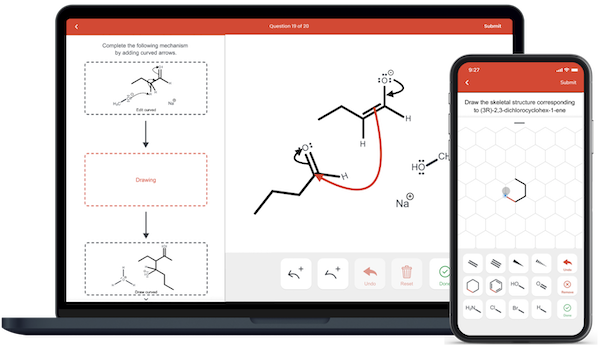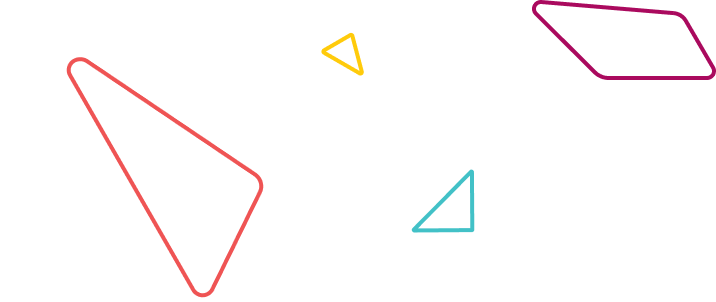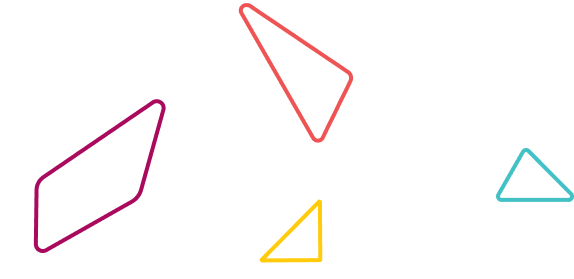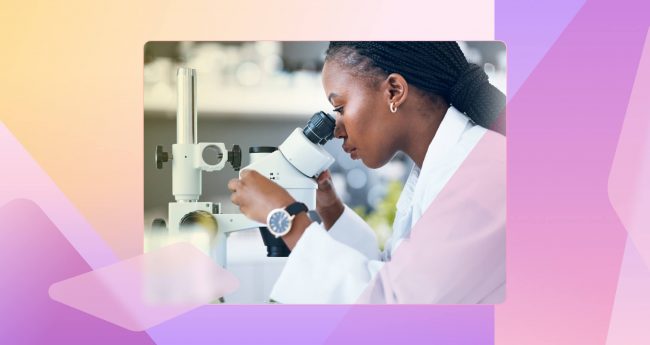This year’s ACS Spring 2022 gathered 10,000+ registrants and 11,000+ abstracts.
Amongst the wide catalogue of presentations, we’ve identified panels about:
- Applying real-world context to engage students with chemistry content
- Increasing retention rate in undergraduate Chemistry courses
- Employing student-centered pedagogical tactics to generate positive learning outcomes
- Using affordable resources to lower the barrier to student success
Without further ado, here’s our picks for the top 4 presentations:
The ‘Fantastic Four’ Abstracts
- Engaging Students with Real-World Context
- Trials and errors in finding an online learning platform in general chemistry for our student population
- Evolving with measurable impact from sage-on-a-stage to guide-on-the-side
- Increasing student chemistry success through affordable resources and scaffolded repetition
Engaging Students with Real-World Context
Organizer, Presider:

Daniel King, PhD
Associate Professor, Drexel University
Presider:
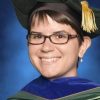
Adelaide Clark, PhD
Associate Professor, Oregon Institute of Technology
General Chemistry is a course required by a wide variety of majors, from pre-med to various engineering majors, as well as other natural sciences (Biology, Environmental Science, etc). Frequently, these students do not understand why they are being asked to complete this course work. Activities have been built for the General Chemistry I and General Chemistry II classroom that try to help answer that frequently asked question: “Why is chemistry important to my future career outside of chemistry?” These activities incorporated a variety of student work from traditional worksheets to electronic assignments, student presentations, “escape rooms”, 3D printed models, and pop-science concepts, while also addressing real world medical, engineering, and environmental problems. Some applicable topics presented will include dimensional analysis, molar mass, gas laws, thermochemistry, solubility, enthalpy of bonds breaking/forming. Many of the custom-built activities and assessments will be shared as open educational resources.
Trials and errors in finding an online learning platform in general chemistry for our student population
Presenter(s):

Melissa Kistler Langston, PhD
Associate Professor, Delaware Valley University
Sheela Venkitachalam, PhD
Associate Professor, Delaware Valley University
Online learning platforms have been proven to enhance student knowledge and retention in chemistry. Over the past 5 years, the chemistry department of Delaware Valley University has implemented various online learning platforms in its General Chemistry I and II lecture courses. This presentation discusses the strengths and weaknesses of each trialed platform for our student population. Presently, the department uses Aktiv Chemistry (formerly Chem 101). Aktiv Chemistry has proven a reliable tool for online lecture instruction during the COVID-19 pandemic in addition to use in traditional face to face lectures. Two faculty members teaching General Chemistry I and II courses will share their varied implementation and insights on using Aktiv Chemistry in their lecture courses.
Evolving with measurable impact from sage-on-a-stage to guide-on-the-side
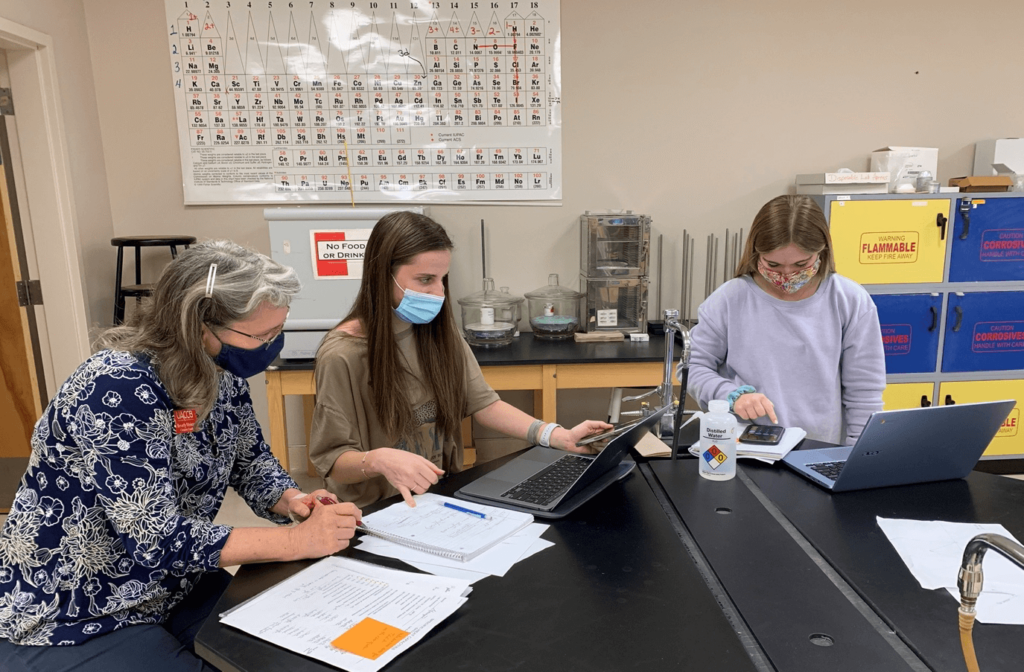
Presenter(s):

Dr. Beverly Meinzer
Professor, University of Arkansas Community College
Teaching college level chemistry has often been more lecture-driven than student-centered. The latter has been considered unnecessary for adult learners. However, in community college courses with students age 18-50+, the very same pedagogical tactics that seem best for younger learners have generated measurable improvements in learning, retention, and enthusiasm for chemistry.
Beverly Meinzer, two-time winner of UACCB’s Student’s Choice Outstanding Educator Award, Passport State facilitator for Arkansas (national program supporting students in transferring from two-year to four-year schools), has gathered qualitative and quantitative data showing the impact of her philosophical shifts in teaching. These shifts include recognizing students’ needs for more affordable course materials, friendly connections with teachers, positive reinforcement for their efforts, and empathy for the challenges they face outside the classroom. Shifts also include an effort to motivate students to do the hard work required to meet rigorous standards through gamification, explicit connections to chemistry careers, and mobile-friendly educational technology that scaffolds student learning as they work through problems and questions. As Meinzer stepped down from the stage to walk among students (projecting from a tablet instead of the podium), her class came alive. Students took to the whiteboard in her stead, exploring complex problems with peers. As she made learning increasingly accessible through recorded class sessions and office hours in larger classrooms at various times of day/evening, she engaged the students who previously struggled to meet within the schedule. This session describes these and many more specific, practical, do-able approaches that evolve your teaching practices to meet students where they are, and raise the bar on achievement and joy.
Increasing student chemistry success through affordable resources and scaffolded repetition
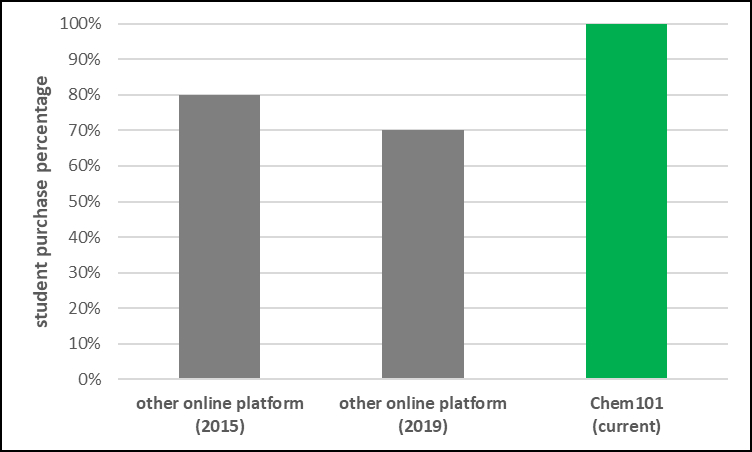
Presenter(s):
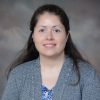
Dr. Arezue Boroujerdi
Assistant Professor, Claflin University
Other Guests:
Brandon Yarbrough
Organic Lab Instructor, Claflin University
General Chemistry is a gateway course that can deepen a student’s interest in science, or prevent them from pursuing STEM-related careers. By adjusting our teaching methods and curricular choices to fully engage students and scaffold their learning, we can expand students’ access rather than ‘weed them out.’
Most colleges today find their general chemistry courses enroll students with a wide skill variance. This challenge is significant at Claflin University. We are located in a region of South Carolina known for its inadequate public education funding. We enroll a student population, (90% African-American, 39% first-generation), often underprepared for college level learning. At the same time, our honors college attracts students with strong chemistry skills.
Our most impactful strategy is a ‘repetitive learning model’ that can be adjusted based on student mastery. We apply this to develop and reinforce good study practices. The Chemistry department has relied on online learning platforms to facilitate these activities. However, cost has been a limiting factor in the success of our students. Recently, we adopted an online learning platform for homework and quizzes that costs a fraction of other resources. The Aktiv Chemistry (Chem101) platform guides students in setting up dimensional analysis problems, drawing Lewis Structures, and writing nomenclature, and other supports. Since many students are visual learners, this guidance helps students repeat the presentation of their work in different components of the course: written homework and assessments. The low cost, coupled with the mobile functionality, has made an online chemistry learning platform accessible to 100% of our students: they have embraced this user-friendly resource and their grades have improved.
